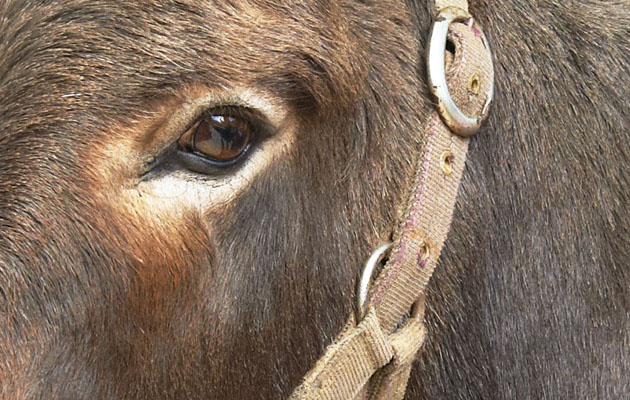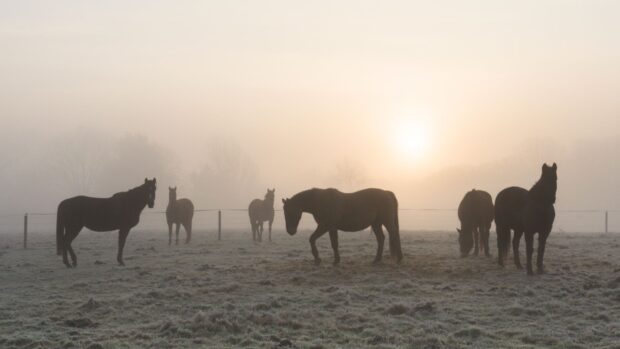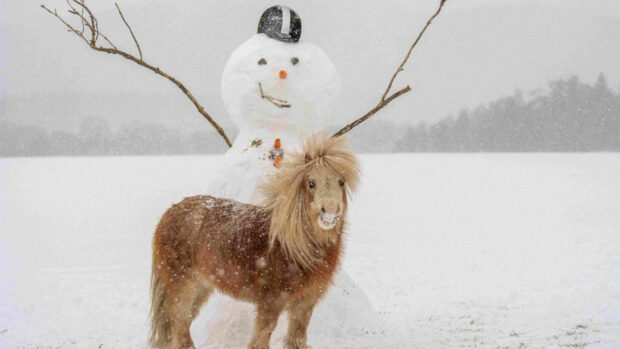The Donkey Sanctuary is urging the government in Ghana to enforce the ban on the slaughter and export of donkey skins that was passed at the beginning of the year.
On 17 January the Ghanian ministry of food and agriculture authorised a ban on the slaughter and export of donkey skins from the country, but according to the Donkey Sanctuary, evidence suggests the law is not being enforced.
This is despite the Veterinary Services Directorate, a branch of the ministry of food and agriculture, stating that it has “observed with alarm, a sharp increase in the number of donkeys being slaughtered on a daily basis especially in the northern parts of the country. At this rate, the population is likely to be depleted within two to three years.
They continued: “The Veterinary Services Directorate has therefore decided to ban with immediate effect, the indiscriminate slaughter of donkeys and the export of their skins. All regional veterinary officers are to ensure that this directive is strictly complied with. Anybody caught in defying this directive will be strictly dealt with.”
Both the Donkey Sanctuary and Ghana SPCA are in “strong agreement” that if this law is not upheld then the welfare of donkeys and Ghana’s citizens who rely on them are going to be affected in a “catastrophic way”.
“From evidence we have seen in recent days, donkeys are being slaughtered on a huge scale in northern Ghana for their skins,” said Alex Mayers, head of programmes at the Donkey Sanctuary.
“We have seen horrific evidence that the welfare of donkeys is compromised at all stages in the trade including transport, holding and slaughter.
Continued below…

Brutal donkey skin trade threatens population
Warning: video and report contain upsetting and graphic content

Slaughterhouse closures ‘huge step’ towards halting donkey skin trade
The Donkey Sanctuary said the news is “huge step towards stopping donkeys falling victim to the unsustainable trade”

‘Skin trade’ donkeys ‘waiting to die’ at ‘horrific’ markets
'There’s about 700 donkeys coming here to wait to die. There’s no food, there’s no water'
“With only an estimated 14,500 donkeys in Ghana, even 100 being slaughtered per day would mean the entire population will be gone in six months. Imagine the devastation for the thousands of people who rely on donkeys for water, ploughing and rural transport.
“The species cannot be farmed at scale and the unchecked free flow of donkeys coming from neighbouring countries to fill the demand creates serious disease-transmission concerns and additional welfare challenges.
“We celebrate the forward-thinking, progressive and timely ban on the export of donkey skins, but more urgently needs to be done to prevent the loss of the species, the spread of disease, and the loss of everything donkeys represent for rural Ghanaians.”
The rise in the slaughter of donkeys for the skin trade is largely due to growing demand for ejiao, a traditional Chinese medicine which uses the gelatin found in donkey hides for products alleged to offer anti-ageing properties.



